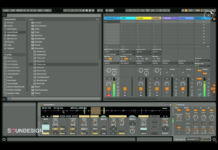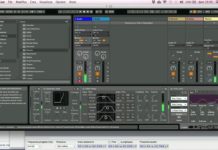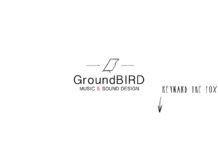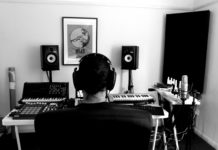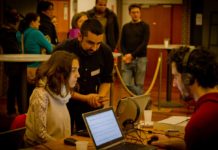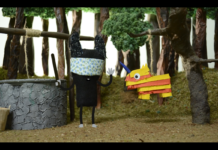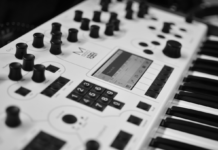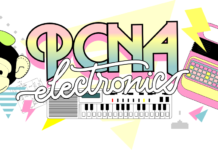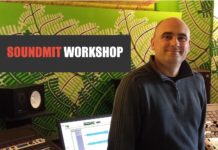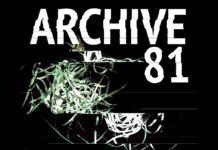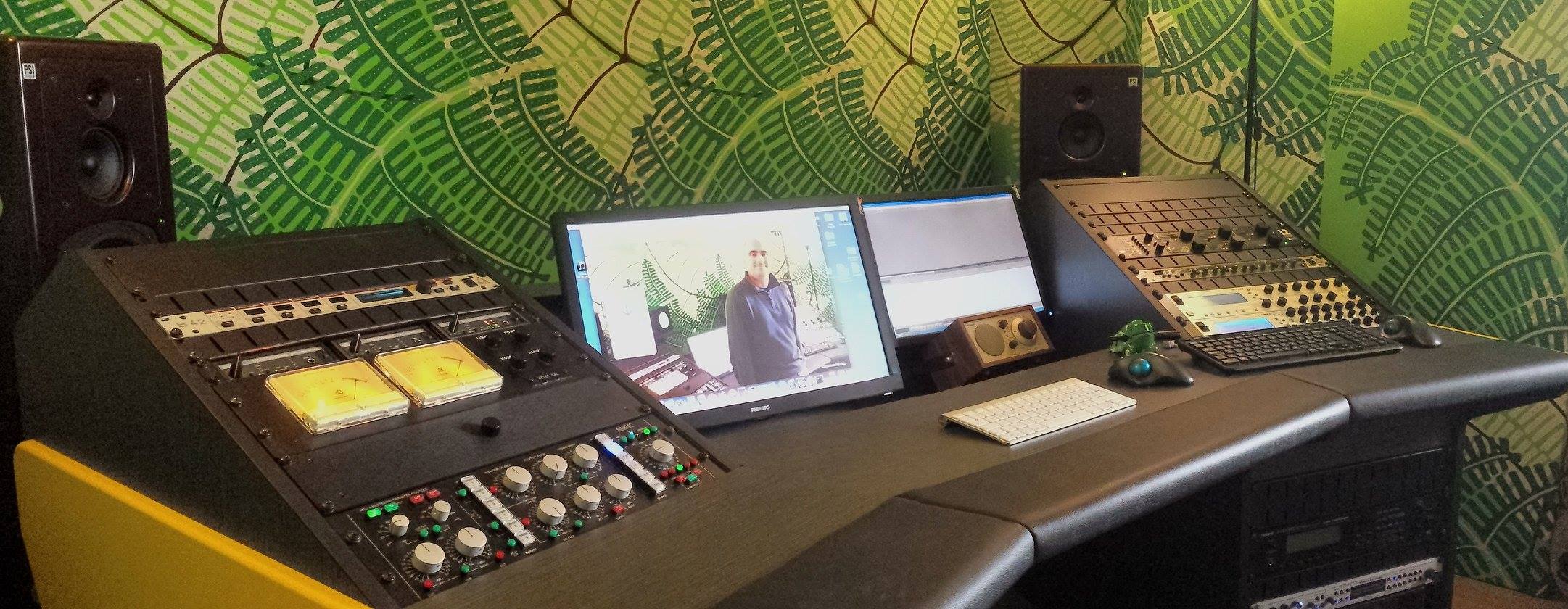What a GREAT person to interview! This chat is fun, detailed and passionate at the same time, hope you guys enjoy it as much as we did!
-
Tell us briefly how it all started. When did you decide sound was going to be your life?
Gianni Vallino: Long time ago…too much…it reminds me I’m not more a teenager 🙂
I’ve started as musician (I’m a guitar player), my first dream was being a rock star like Van Halen! I think I was around 15…but in parallel I was always fascinated by the sound: when I was listening to a record, my attention was not only on the music, but on the overall sound, too; I was kind of a sound-nerd, when talking with my friends like: “Take a listen on last Metallica release…it sounds strongly different from the previous one!†“Sure, they are different songs…†“No I’m not talking ‘bout songs, I’m talking ‘bout sound…it’s less midrang-y…fuller…â€
So I was barely young when decided that after high school I would have tried to enter in APM School in Saluzzo, it was 1994.
After that I started to work as studio assistant, then resident engineer at Synergy Studio, then moved to REM (owned by Roberto Maccagno at that time)…I had a lot of experience on pretty every music style there, from pop to rock to classic and EDM (we still were used to simply call it “dance†).
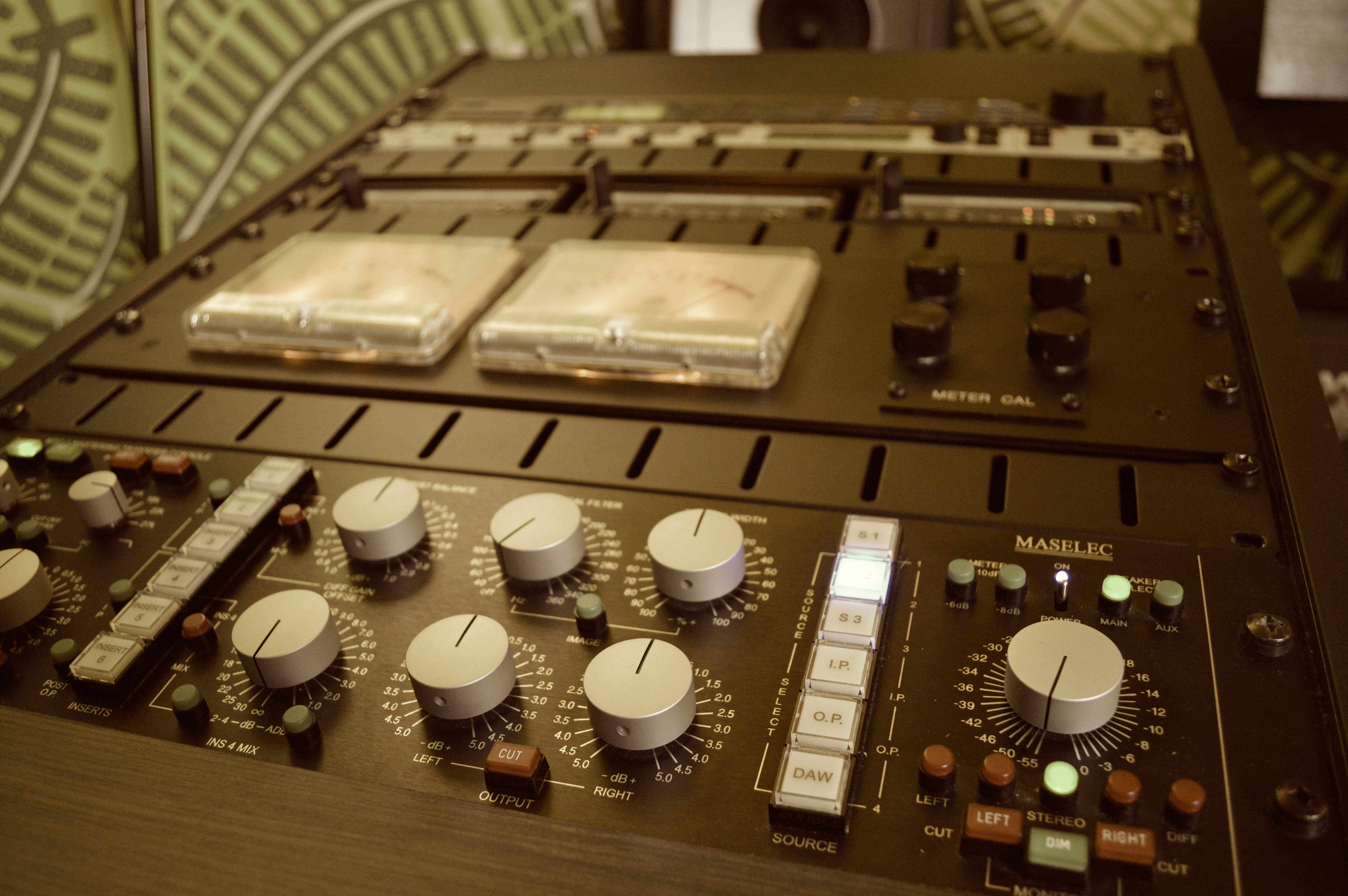
“I did something like 11.000 studio hours in 2,5 years!…OMG…obviously I still had no girlfriend!!!”
I’ve opened in 2000 the KARIBU Recording Studio in partnership with the singer CIX (…that became my wife few years after, more or less when I’ve reduced studio times…) and here my main job was recording and mixing, although I did several job as producer too. We got a lot of great results mainly abroad, in some of the most important pop music festivals around the world: Chile, Russia, Romania, Bulgaria, East Europe in general …
-
What is the specialisation of your studio? Did you use to offer a wider range of services in the past? We know that now you concentrate on more precise offers…
GV: Actually Karibu Studio‘s core business is mastering.
In the last years people who requested mastering services increased a lot, and it always has been a very appealing production stage for me; even when my daily job was mixing I realised that I always had a kind of “overall” approach rather than on the single parts, so a little at a time I’ve equipped the studio in that direction and the job automatically moved onto it. When we moved the facility from S.Giorgio Canavese to Ala di Stura I had the feeling that the best choice would have been specialising, instead of keeping a general purpose, so we designed the room accordingly (we have chosen a great design by Lorenzo “Teetoleevio” Pozzi, a really nice person, very competent on acoustic matter).
Then I moved to NY to learn more from the best, like Vlado Meller (at that time he was at Masterdisk), the “secrets†of the greatest production’s mastering; I’m now trying to bring in my country this international sound, it’s lovely.
In the past we were a “typical†recording/mixing studio, actually the only side we kept of this is our Ambisonic system (we are the only music studio in Italy with this setup) Soundfield SPS200 that we use for classical music location recording…we have decided to keep this first of all because we like it …second, because it’s a kind of niche job, where the production has specific requests which can be not easy to spot, like the ability of reading and understanding a complex symphonic orchestra’s full score, the knowledge of the acoustics instrument characters etc…
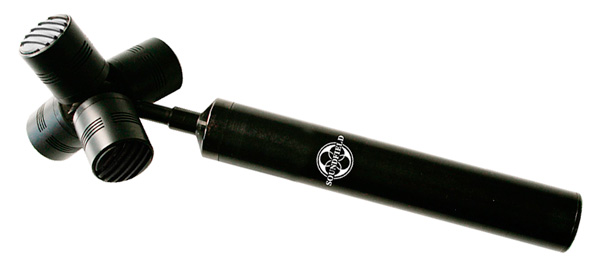 Otherwise I’m actually fully focused on mastering.
Otherwise I’m actually fully focused on mastering.
I firmly believe in the stages specialisation:
“A mixing engineer or a producer has a different approach than a mastering engineer and it’s very important to have a different partner in a different studio who takes care of this last step”
I like to think that I’m a kind of “beta listenerâ€, but with the ability of making tweaks…
-
Why the choice of escaping the big city and settling in the beautiful mountain location of Ala di Stura? Any regrets about it?
GV: Haha…That’s a really nice question! The real reason was personal: after countless studio time, lot of records with my name on, tons of gear bought and sold, one wife, one daughter (which have become three), four cats and one dog, as well as approaching the forties…I’ve understood that job is a fundamental part of life (and I’m already a lucky man whose job and passion coincides!), but it’s not the only one.
So, after a couple of year where the 90% of the job was done online…we decided to move to this wonderful place (My grandma is from here and I’ve been spending holidays here since childhood).
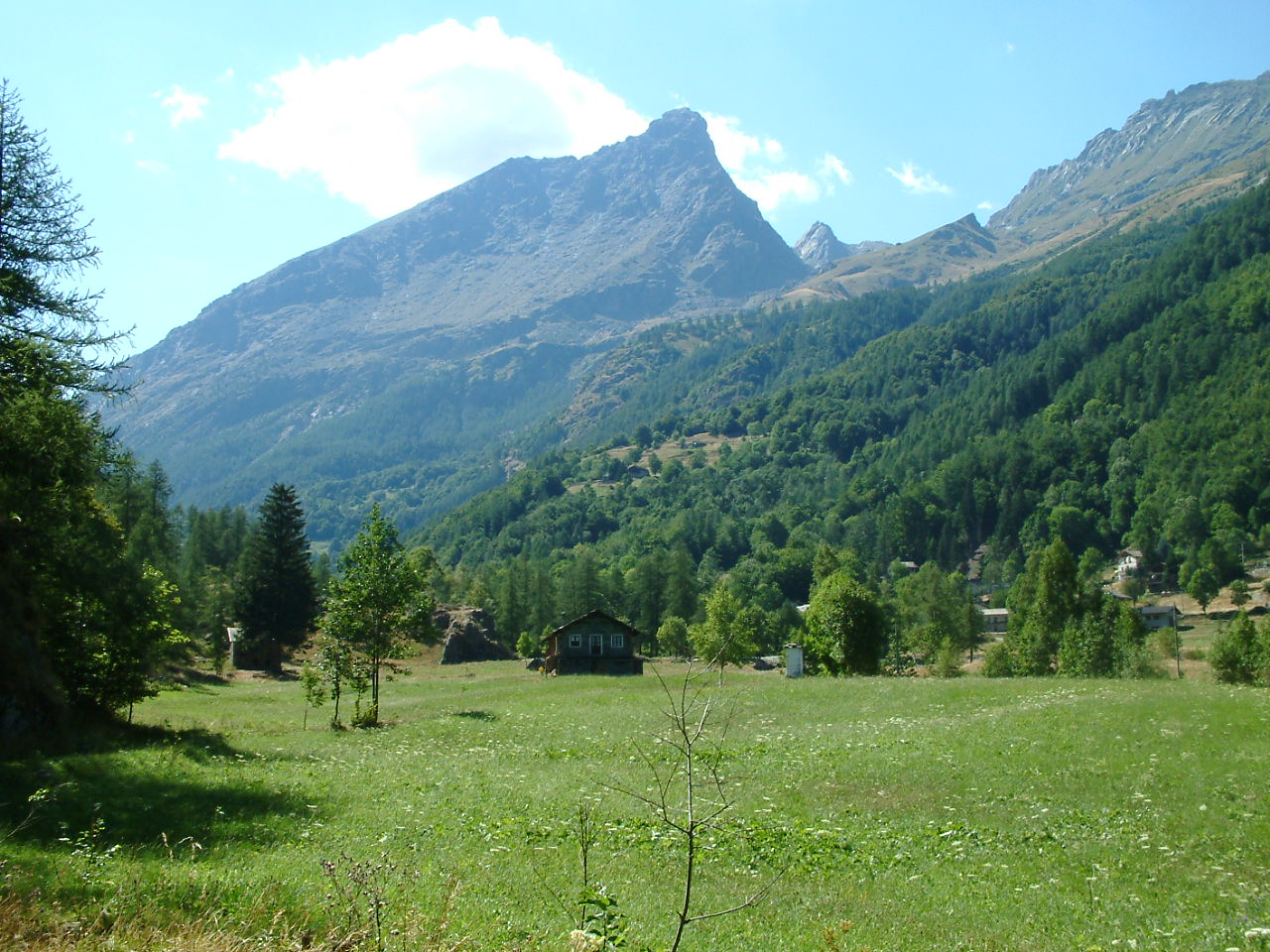
Here, as I close the studio, I can sit in the garden with a fresh beer, playing with my kids without any noise (tbh kids produce really loud noise…but it’s a lovely one).
Regrets?…only to have waited so much to do so.
-
What are the highlights of your facility and equipment? And why did you decide to go for them?
GV: My initial mastering setup was an hybrid one, I had from digital side the Z-SYS ZQ2, a Junger Audio E07, a Junger Audio b42, a Waves L2 hardware; a Cranesong HEDD as processor and DA before analog chain. Then I had several dream machine…Maselec MEA2 and MLA3, Manley Massive Passive and Vari-Mu mastering edition, 2 EAR 822, a custom Barry Porter Net Eq, Pendulum PL2, some other nice toys…and a Lavry Gold AD to go back in the digital domain. Everything was then connected through a Maselec MTC1 console (the first one installed in Italy). As monitoring system I had at first a couple of B&W 803, then changed with 802D all Bryston powered; to be honest, these monitors never fully satisfied me, they are very nice to listen to music but not quite fair in playing mixes back…
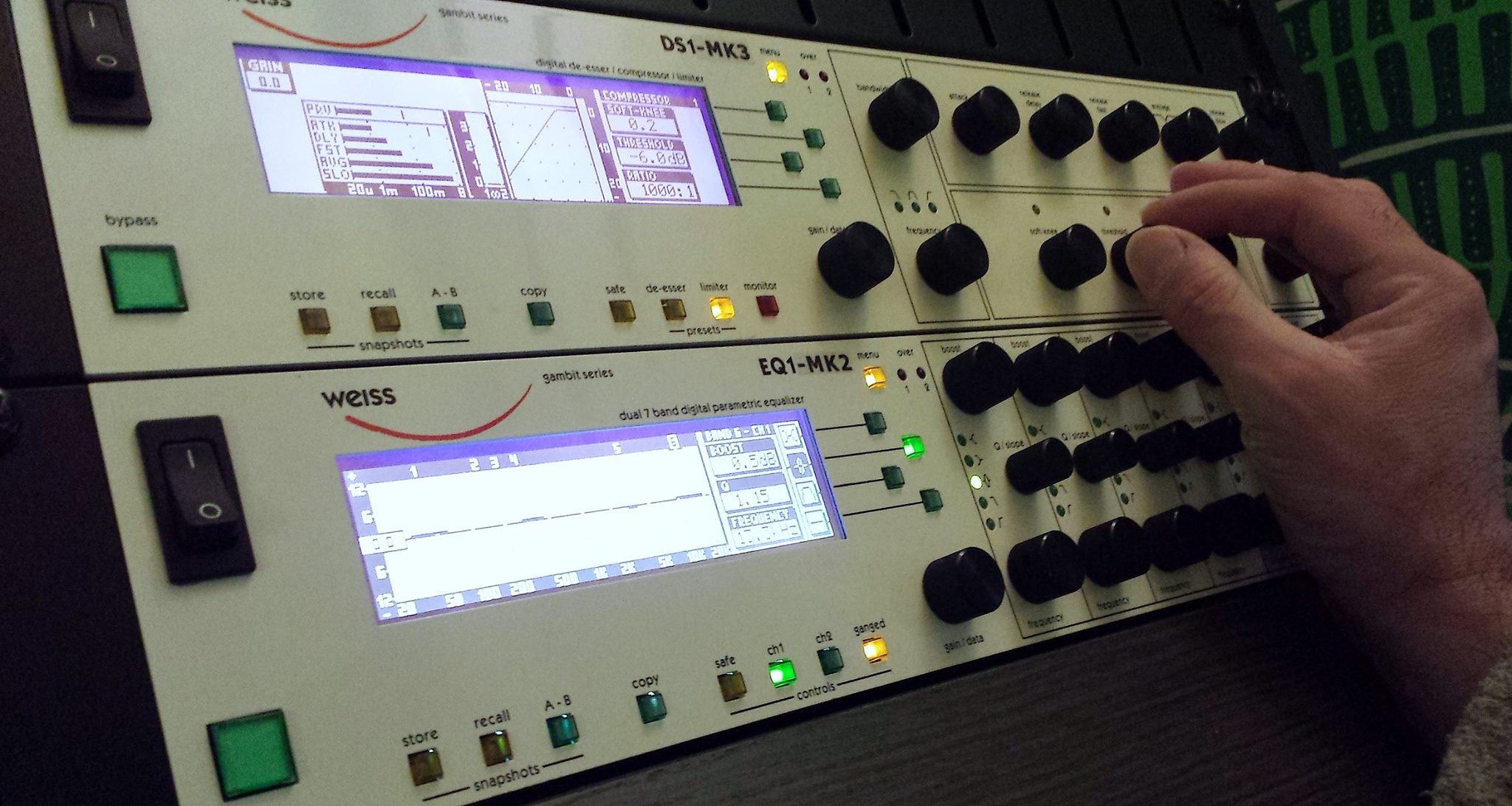
“I had a custom furniture that was like Enterprise control panel 🙂 “
The first thing I’ve changed when we moved to the new studio was monitors; I think monitoring is the most important piece in a mastering room: you have to be completely sure about what you’re hearing!
So I’ve checked many systems but, when I’ve listened to PSI Audio (A Swiss company that makes great active speakers pretty handmade with an unbelievable care of all details) at VDM Group (the Italian distributor located in Rome), I fell immediately in love with them! Never heard such a detailed response, quick transients, perfect stereo image and precise/controlled low end…so I’ve bought the Mastering System that’s the flagship, a full-range three way+sub each stereo channel.
Then I still keep my wonderful Tivoli Audio Model One, lovely!
I’ve passed lot of time listening to music in my new room with new monitors… I’ve tried blind tests with usual clients sending two masters, one with the whole setup, the other one using only the digital path and…(pause for effect)…they all chose the digital one!
The most common comment I got was “What have you changed in your setup? This one sounds better..it’s exactly like the mix…just better!”
You can imagine how I was surprised! Mastering stage is still a kind of “magic” closely linked to the analog world in the popular imagination…something like “it’s impossible to do so in the digital domain”…
When I went to NY I got a second confirmation, as Vlado is digital since like 15 years :)…the first thing he told me was “you’ll be surprised about what I use to master a record”.
Back in Italy I sold all the superfluous; my actual setup is Weiss EQ1, Weiss DS1, Junger Audio E07 (I’ve kept it as it’s a wonderful dynamic eq), Mytek DA converters for monitoring and my MTC1 that works as monitor controller…ready in case I’ll change idea again in the future!
“Being a professional means achieving top level result, at the same time being competitive and able to follow the evolution of times…”
With this set I can get unbelievable results in such a quick and efficient way; I’ve reduced working time of around 30%, this allows me to keep lower rates without compromising quality.
-
How do mastering shoots work? What is it like to participate to this competitions? How do you win them;) ?
GV: It’s a very common practice in the mastering world: when a producer/artist/label etc…is looking for a mastering engineer (unless they already have a trusted one) they usually send a mix to many engineers, asking for a test sample, and then they choose the favourite one.
It exists at any level: from independent to established, the only thing that can change is engineers’ rates; I’m always open to do this, because it’s best way to present yourself to new potential clients.
Sometimes these are paid gigs (mostly if the deal is for established artist/label), others are free samples, but from my side there’s not difference, I simply take the track and do my best exactly as I do for confirmed job, then for the paid shoot I send the complete track, for the free ones I send a 1′-1’30” sample and if the client confirms the job, I hand in the whole thing.
The curious fact is that, despite on whatever we can think about loudness war (…aaaahhhh I’ve told that words…OMG…I’ve opened Pandora’s box!!!), client’s judgement is, at least for my experience, a lot focused in that: the most common things are “We have chosen yours because it was the loudest” or “Nice sound but we preferred a louder one”…
“In the past year I’ve took part in 42 shootouts and won 34…maybe it means I’m a pretty loud guy 🙂 “
Jokes aside, one of the things I love more of the mastering job is the possibility of doing a lot of different music styles: it can happen that I master death metal in the morning and a concert for violin solo in the afternoon…and obviously each genre has different requirements in terms of loudness, dynamic, spectrum etc…you have to push something and something else absolutely not.
“One of the most important qualities of a Mastering Engineer, IMHO, is knowing a lot of music and its character, in order to immediately understand where to go”
6. In average, how long do you dedicate to each track, roughly?
GV: From the track download to the client send out around 45Â minutes.
The quickest tracks can go to 30 minutes, it’s very difficult to exceed one hour. One full length album usually takes one day.
-
Certainly digitalisation has improved and speeded up the mastering process. Pros and Cons of nowadays music industry compared to ten years ago?
GV: Sure, as mentioned before I switched from “analog” to “digital” and actually I’m experiencing only benefits.
The gear is just an instrument in engineer’s hands, actually plugins are not yet able to give the top level quality that hardware does, but it’s just a matter of time, and when they’ll be ready I’ll be ready to sell again all the stuff and master with a laptop…yet we will always need monitoring, that’s a no-compromise matter.
Everything in the music business has changed and it still will: music, instruments, market, delivery media, audience, way of producing…why mastering shouldn’t follow the times too?
“Doing mastering as in the past is anachronistic, because everything else is changed”
I’ve started my career recording on analog tapes, then switched to digital tapes like ADAT, and finally on HDs…I’ve seen the times when artists rented studios for months to produce an album, and got a Latin Grammy nomination for an album mixed on a DAW because of times and budget limits when pretty everyone argued that was not possible to get a high quality there…
Thanks to the web, everyone who produces music is able to send it potentially to the whole world, at the same time the drawback is that there’s a lot more music around than people who listen to it, and lot of it is free, this is the biggest reason why music is no longer a business by itself (mostly for new artists) but it’s connected to other business areas like television, cinema, advertising, live etc…this fact has totally changed the money flow in the industry and so the professional approach.
From my mastering point of view I can tell you that in the last 5 years I switched from mastering lot of albums and extract singles from that, to mastering a lot of singles and a few albums…it’s not so unusual that an artist produces 10 tracks over a year, a year and half, and then ask me to compose the album, pretty similar to a collection rather than a concept album!
So it’s ironic but what’s the main pro is the main con at the same time!
The point, in my opinion, is always that you can have two approaches to progress: you can take changes as a problem, a difficulty that force you to follow it, or changes as opportunities. If you want to stay relevant you have to be openminded.
I’m a big cartoons fan…quoting Master Shifu: “If you only do what you can do, you’ll never be better than what you are”
-
What would you say to aspiring mastering engineers? Where should they start from?
GV: From a tech point of view: buy a great pair of monitors and do a well treatment on you room, this is the only real essential gear, then listen to a lot of music of every style there, don’t care of what is your favourite genre, you need to be the most versatile professional in the chain, and make a critical listening, analyse timbre, dynamic, spatial image, level, impact, atmosphere, mood…then take some unmastered mixes from friends who record and mix by themselves and try to master that…oh, ask first otherwise it’s a theft 🙂 …
From a philosophic point of view: put yourself “out” of the production loop, try to listen as a listener, just with the awareness that you can act with the goal of getting out the best from the mix you have.
And don’t forget that you’re just icing on the cake…
“Mastering is essential, everything is mastered, but it will never give the sound to a mix that hasn’t it yet”
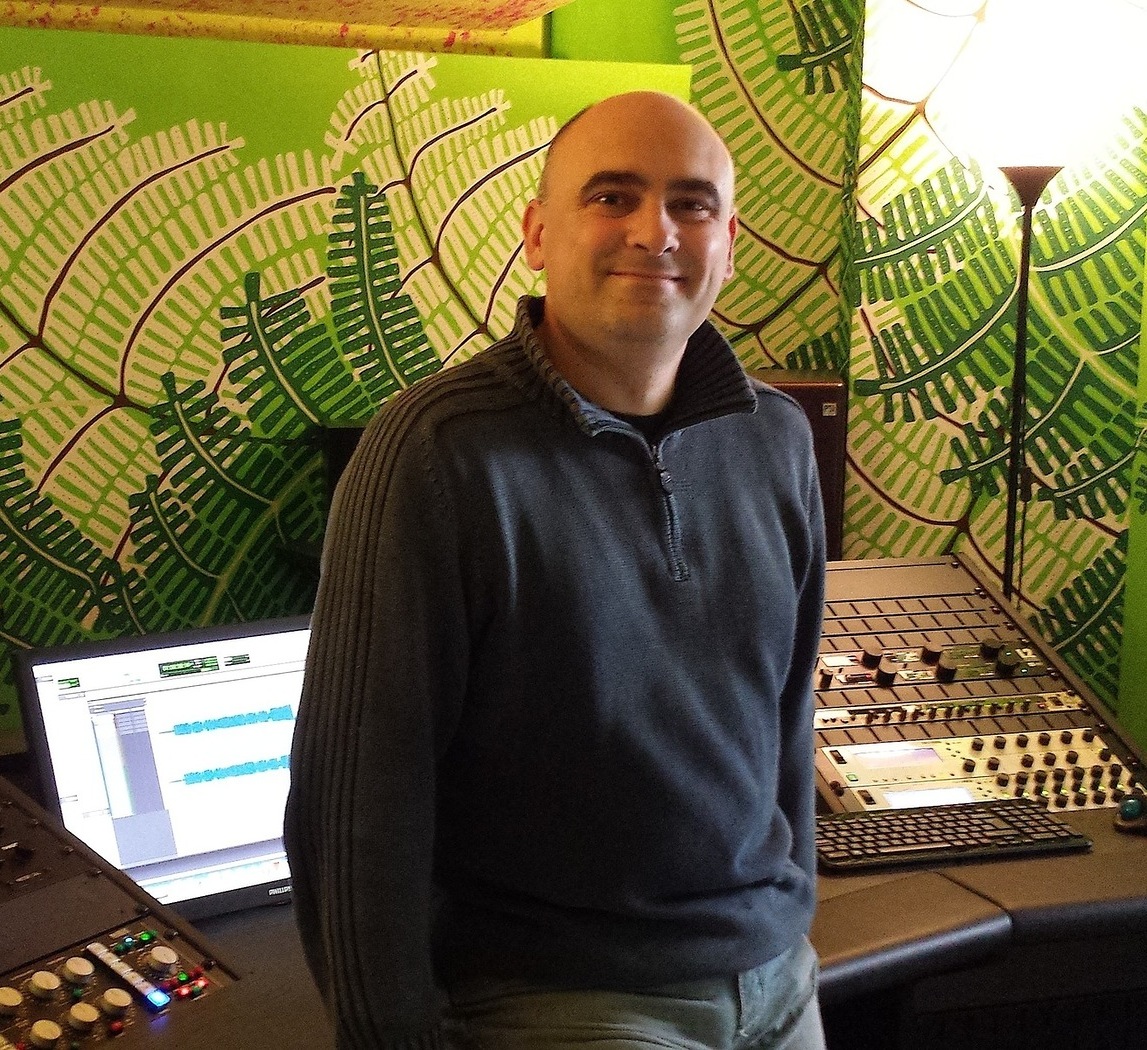
9. Do you rely on web communities and blogs or you are more of a lone wolf?
GV: I like web communication.
I’ve many friends there, some I know personally, some are virtual contacts, but it doesn’t mean they are not “real”.
I follow Facebook group Synth Cafè, I regularly attend to Italiarec Forum (where sometimes I write technical articles), they are my favourites because of the feel I have there: there are lot of people posting, someone really skilled, some others newbie, but everyone is respectful of each, there are no queen bees so we can share opinions, experiences etc…in a quiet and pleasant environment, at the end we’re making music and audio…our passions, nice things they have to generate happiness around…
I’ve tried also other places, but I don’t like when there are small groups who blows in their’s own trumpet…you know what I mean…
I also try to keep my blog …but I write less than I would, time is a hard master!
10. We know you have a lot going on, any anticipations about upcoming projects you’d like to tell us about?
GV: Oh…mastering is a pretty quick process compared to the other stages, so lot of things planned, I’m actually on editing and mastering for the catalogue of the biggest Italian publisher of Windband Music (Scomegna Music) that will keep me busy until mid-June.
Then I’ve got some new releases for Los Angeles EDM producer Hamster, that’s a really great mixing engineer I’ve the pleasure to regularly work with.
Discretion is your friend in this field, sometimes it seems that we are talking about international espionage 🙂 … I can say right now I’m taking part in a shootout for a very important artist job; I know some of the other engineers involved are the top gotha of the mastering world…fingers crossed, mates!
And to conclude, two more bombs dropped by Gianni:
- Outtakes x sounDesign - February 13, 2018
- Sound Design for Animation and VR: a talk about the future of audio with Andy Thomson - October 18, 2017
- A tasteful example of audio sampling for stop motion - September 29, 2017










